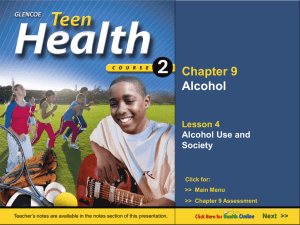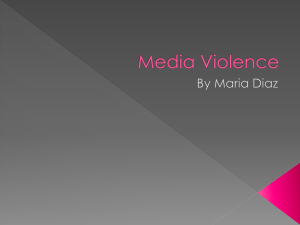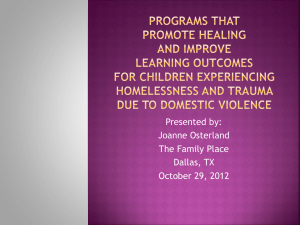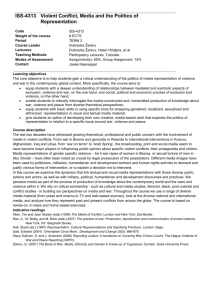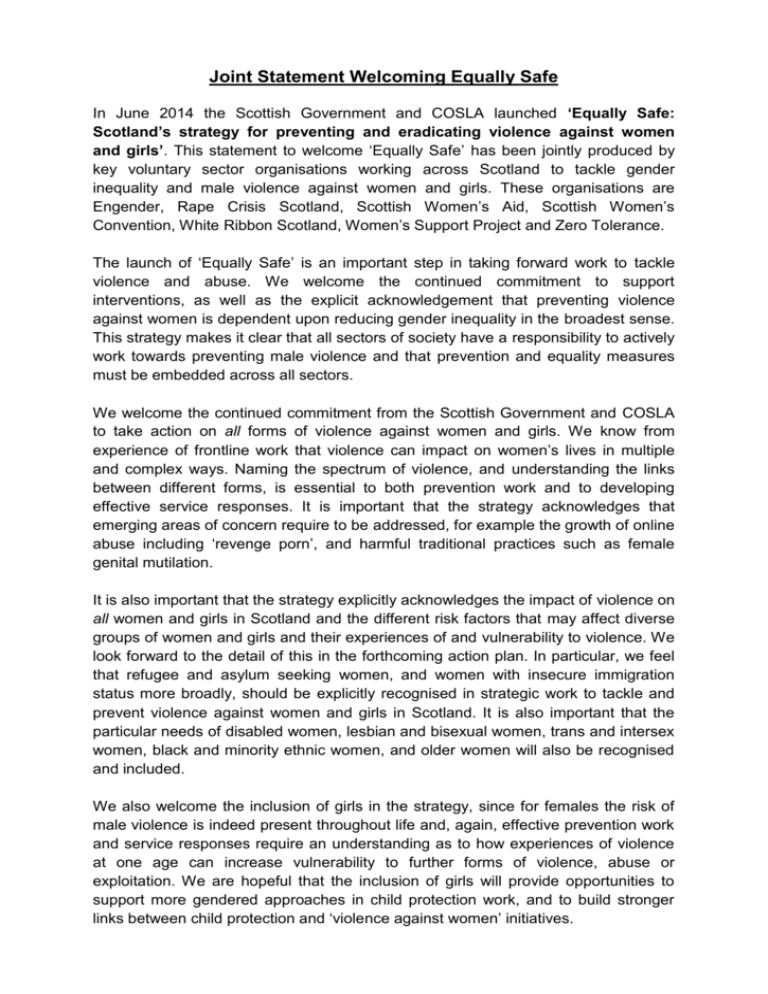
Joint Statement Welcoming Equally Safe
In June 2014 the Scottish Government and COSLA launched ʻEqually Safe:
Scotlandʼs strategy for preventing and eradicating violence against women
and girlsʼ. This statement to welcome ʻEqually Safeʼ has been jointly produced by
key voluntary sector organisations working across Scotland to tackle gender
inequality and male violence against women and girls. These organisations are
Engender, Rape Crisis Scotland, Scottish Womenʼs Aid, Scottish Womenʼs
Convention, White Ribbon Scotland, Womenʼs Support Project and Zero Tolerance.
The launch of ʻEqually Safeʼ is an important step in taking forward work to tackle
violence and abuse. We welcome the continued commitment to support
interventions, as well as the explicit acknowledgement that preventing violence
against women is dependent upon reducing gender inequality in the broadest sense.
This strategy makes it clear that all sectors of society have a responsibility to actively
work towards preventing male violence and that prevention and equality measures
must be embedded across all sectors.
We welcome the continued commitment from the Scottish Government and COSLA
to take action on all forms of violence against women and girls. We know from
experience of frontline work that violence can impact on womenʼs lives in multiple
and complex ways. Naming the spectrum of violence, and understanding the links
between different forms, is essential to both prevention work and to developing
effective service responses. It is important that the strategy acknowledges that
emerging areas of concern require to be addressed, for example the growth of online
abuse including ʻrevenge pornʼ, and harmful traditional practices such as female
genital mutilation.
It is also important that the strategy explicitly acknowledges the impact of violence on
all women and girls in Scotland and the different risk factors that may affect diverse
groups of women and girls and their experiences of and vulnerability to violence. We
look forward to the detail of this in the forthcoming action plan. In particular, we feel
that refugee and asylum seeking women, and women with insecure immigration
status more broadly, should be explicitly recognised in strategic work to tackle and
prevent violence against women and girls in Scotland. It is also important that the
particular needs of disabled women, lesbian and bisexual women, trans and intersex
women, black and minority ethnic women, and older women will also be recognised
and included.
We also welcome the inclusion of girls in the strategy, since for females the risk of
male violence is indeed present throughout life and, again, effective prevention work
and service responses require an understanding as to how experiences of violence
at one age can increase vulnerability to further forms of violence, abuse or
exploitation. We are hopeful that the inclusion of girls will provide opportunities to
support more gendered approaches in child protection work, and to build stronger
links between child protection and ʻviolence against womenʼ initiatives.
One of the strengths of the Scottish Governments approach has been, and continues
to be, a clear recognition of the gendered nature of issues such as childhood sexual
abuse, sexual violence at all ages, commercial sexual exploitation such as
prostitution, harmful traditional practices and domestic abuse . (See, for example, ʻThe
case
for
a
gendered
analysis
of
violence
against
womenʼ
www.scotland.gov.uk/Resource/Doc/925/0063070.pdf and ʻWhat does gender have to do with
violence against womenʼ www.scotland.gov.uk/Publications/2010/02/05102715/0)
Taking a gendered approach doesnʼt mean, of course, that boys and men do not
experience violence or abuse, or that women never use violence. Violence against
boys and men, and violence committed by women, may be less common but it is no
less serious when it occurs. Instead a gendered approach acknowledges that
females suffer violence and abuse disproportionately, and that it is predominantly
males who carry out such violence. A gendered approach recognises the main
cause of such violence as being gender inequality, and highlights the need to
achieve broad social change in order to effectively end male violence. Lastly a
gendered approach provides a framework for planning and delivering services and
allows for the development of services that are tailored to suit the differing needs of
women and men affected by violence and abuse.
We hope that the strategy will serve to drive forward work to reduce male violence,
provide an impetus for mainstreaming of this work, and support new and innovative
prevention efforts. We look forward to working with the Scottish Government,
COSLA, and other partners in implementing the strategy and achieving these aims.
July 2014




